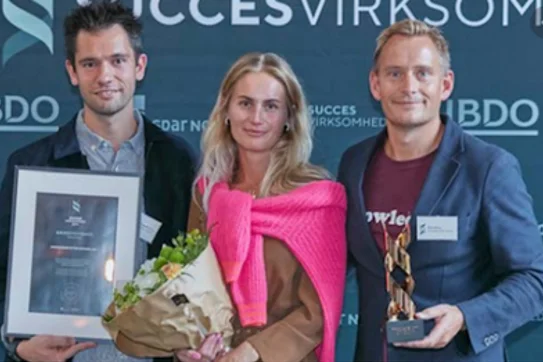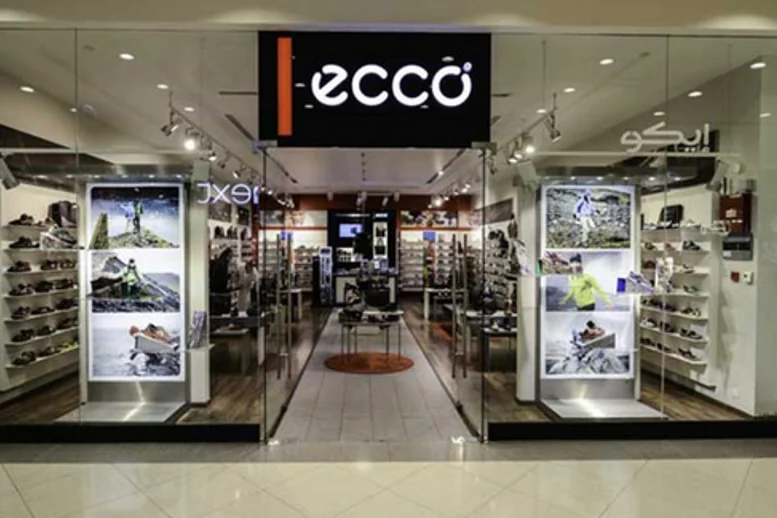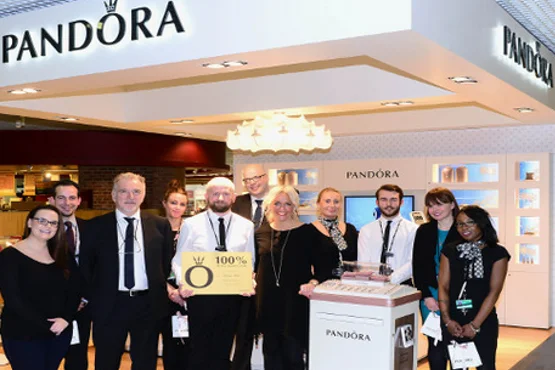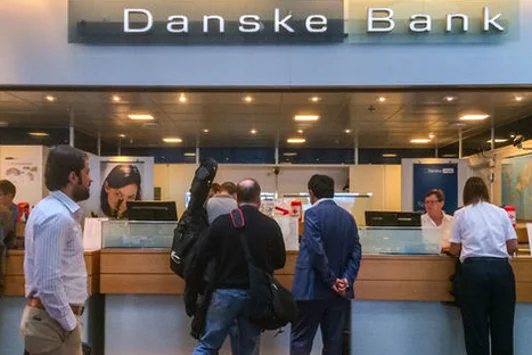Carlsberg continues to be at the forefront of sustainable packaging designs
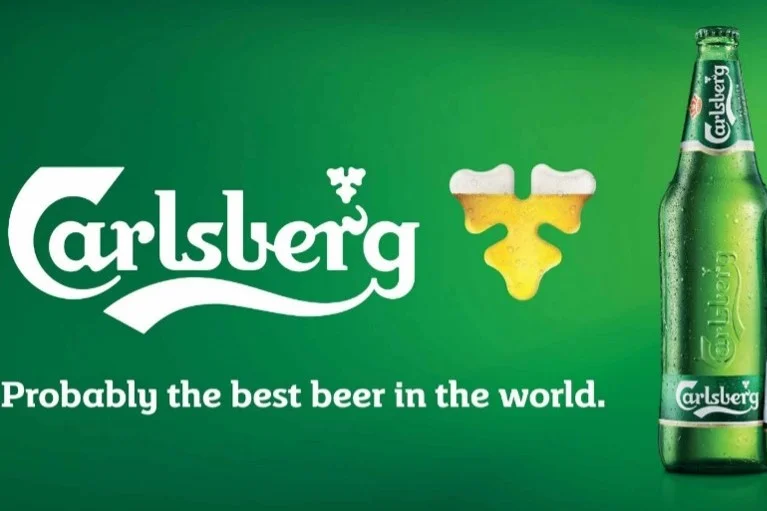
The world famous brewery was founded in 1847 by Jacob Christian Jacobsen and today it is one of the most known brands among beer geeks around the world. Every bar in Denmark serves this particular beer brand and every Christmas locals celebrate the launch of the Tuborg Christmas beer which is part of the Carlsberg Group.
Carlsberg continues to be at the forefront of sustainable packaging designs. These include Cradle to Cradle Certified™ silver inks on bottle labels, shrink wrap containing at least 50% recycled plastic and the ‘Snap Pack’ concept – where traditional plastic multi-pack packaging is replaced with a recyclable glue that sticks the cans together.
The brewer has also redesigned its range of 500ml glass bottles so they weigh 10% less – a move which has helped to decarbonise both the manufacturing and transportation processes.
More recently, Carlsberg has unveiled prototypes of the world’s first beer bottles made from recyclable and bio-based materials, with the company’s sustainability director claiming that the innovation could have “endless impact” if upscaled collaboratively by corporates.
Global brewer Carlsberg has slashed carbon emissions across its group by 13% over a 12-month period, and 30% since 2015, as it pushes towards its corporate strategy to achieve zero emissions at breweries.
Carlsberg’s latest report outlines progress towards its Together Towards Zero strategy, which targets zero water waste and includes science-based targets aligned to the 1.5C aims of the Paris Agreement as key goals.
Through the strategy, Carlsberg is aiming for zero carbon emissions at breweries and a 30% reduction in beer-in-hand emissions by 2030. The carbon pillar of the strategy also includes 2022 targets to eliminate all coal use at breweries, reduce brewery emissions by 50% and beer-in-hand emissions by 15%.
The latest progress report reveals a 30% reduction in relative carbon emissions at breweries since 2015, while 56% of the electricity used by Carlsberg breweries is sourced from renewables.
 Albania
Albania Algeria
Algeria Andorra
Andorra Argentina
Argentina Armenia
Armenia Australia
Australia Austria
Austria Azerbaijan
Azerbaijan Bahrain
Bahrain Belgium
Belgium Bolivia
Bolivia Brazil
Brazil Bulgaria
Bulgaria Cambodia
Cambodia Cameroon
Cameroon Canada
Canada Chad
Chad Chile
Chile China
China Colombia
Colombia Costa Rica
Costa Rica Croatia
Croatia Cyprus
Cyprus Czechia
Czechia Denmark
Denmark Ecuador
Ecuador Egypt
Egypt Finland
Finland France
France Georgia
Georgia Germany
Germany Ghana
Ghana Greece
Greece Hungary
Hungary Iceland
Iceland India
India Indonesia
Indonesia Ireland
Ireland Italy
Italy Jamaica
Jamaica Japan
Japan Jordan
Jordan Kazakhstan
Kazakhstan Kenya
Kenya Kuwait
Kuwait Latvia
Latvia Lebanon
Lebanon Libya
Libya Lithuania
Lithuania Luxembourg
Luxembourg Malaysia
Malaysia Maldives
Maldives Mali
Mali Malta
Malta Mexico
Mexico Moldova
Moldova Monaco
Monaco Morocco
Morocco Netherlands
Netherlands New Zealand
New Zealand Nigeria
Nigeria North Macedonia
North Macedonia Norway
Norway Oman
Oman